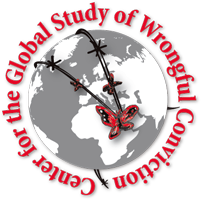From The New Yorker:
BY NICHOLAS SCHMIDLE
At around two-thirty in the afternoon on May 8, 1993, Marshall Morgan left his mother’s house, on the South Side of Chicago, and drove off in her light-blue Chevrolet Cavalier. Morgan was borrowing the car and, in return, had agreed to get it washed. It was a warm day, and he wore denim shorts, a black-and-white pin-striped shirt, and black sneakers. After he got the car cleaned, he planned to return home and spruce himself up: he had a date with his girlfriend that night.
Morgan was a twenty-year-old sophomore at the Illinois Institute of Technology, where he played point guard on the basketball team. The season had just ended, and he had performed notably well, averaging eighteen points and three steals a game; he had been the runner-up for the Chicagoland Collegiate Athletic Conference’s most-valuable-player award. His coach, Ed McQuillan, told me recently that Morgan was a “great kid” and a complete player, who was “quicker than hell, great on defense—he could shoot long, and he could drive and penetrate.”


















Coercing witnesses is fine. It’s fabricating evidence that’s not kosher. At least, this is now the law in the 7th circuit:
http://scholar.google.com/scholar_case?case=2534797800700296635&hl=en&as_sdt=6,33&as_ylo=2014
Or maybe it would be better to say that this is how the law in the 7th circuit will pan out. Basically, a license to coerce witnesses, I guess.